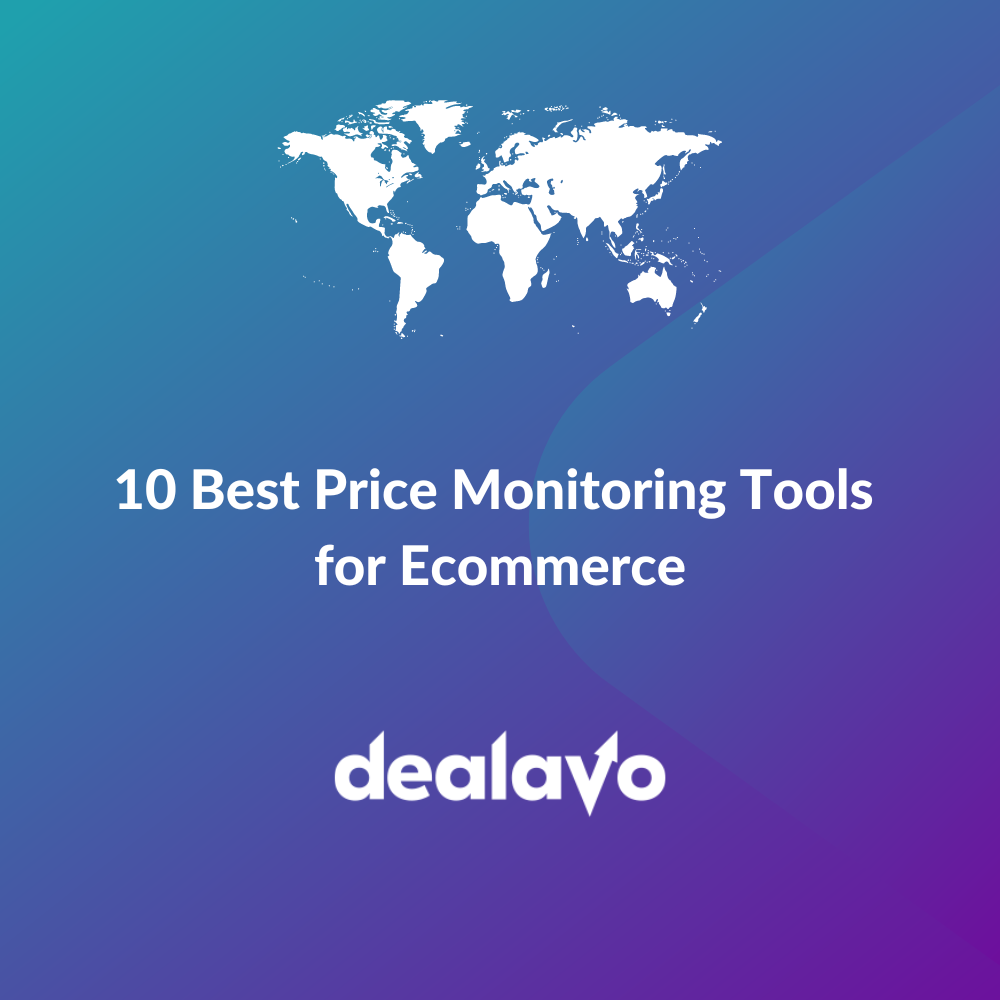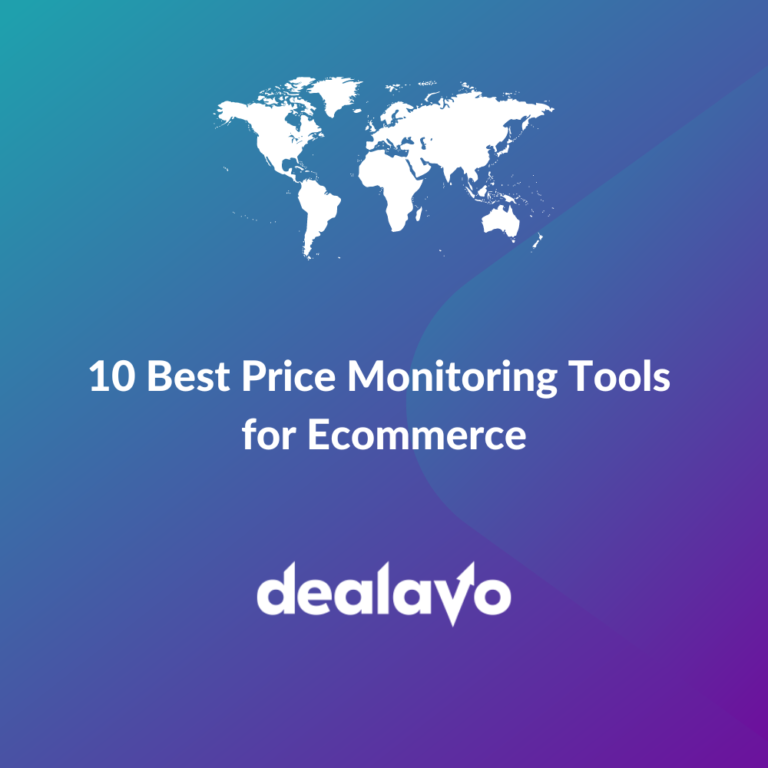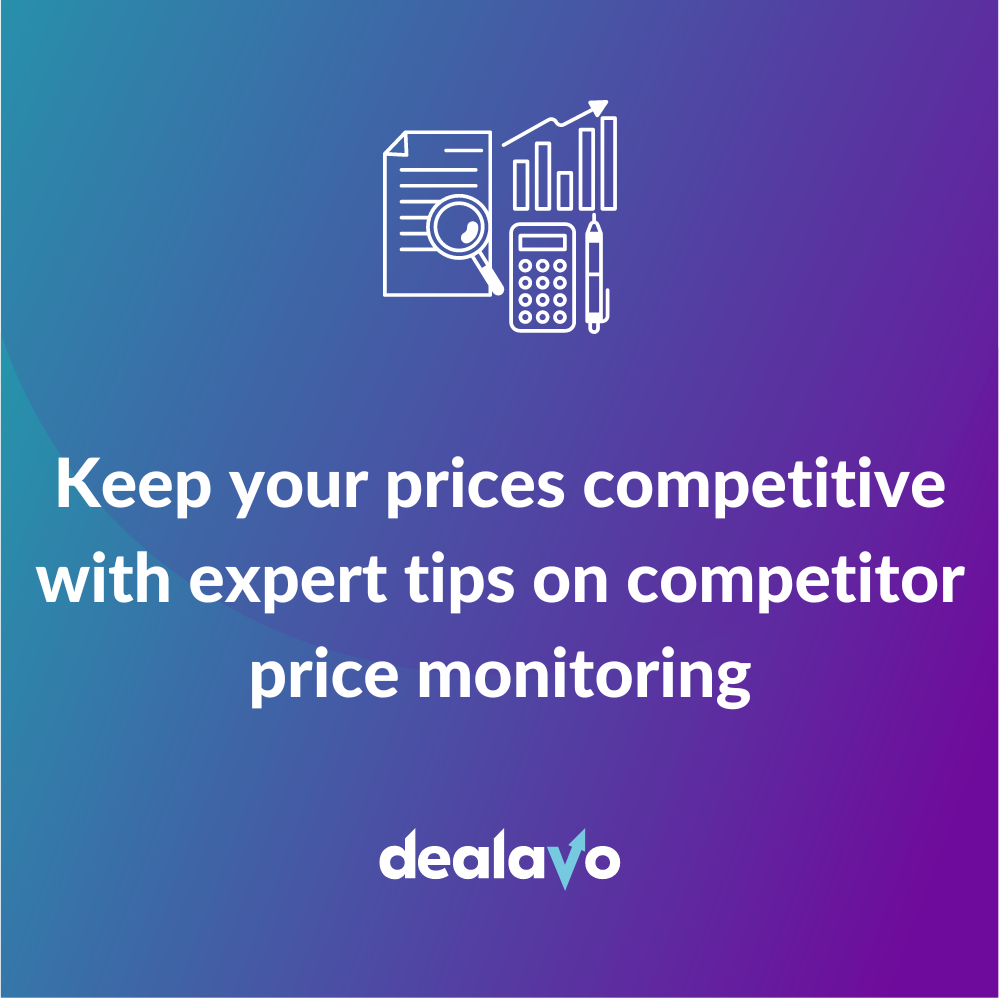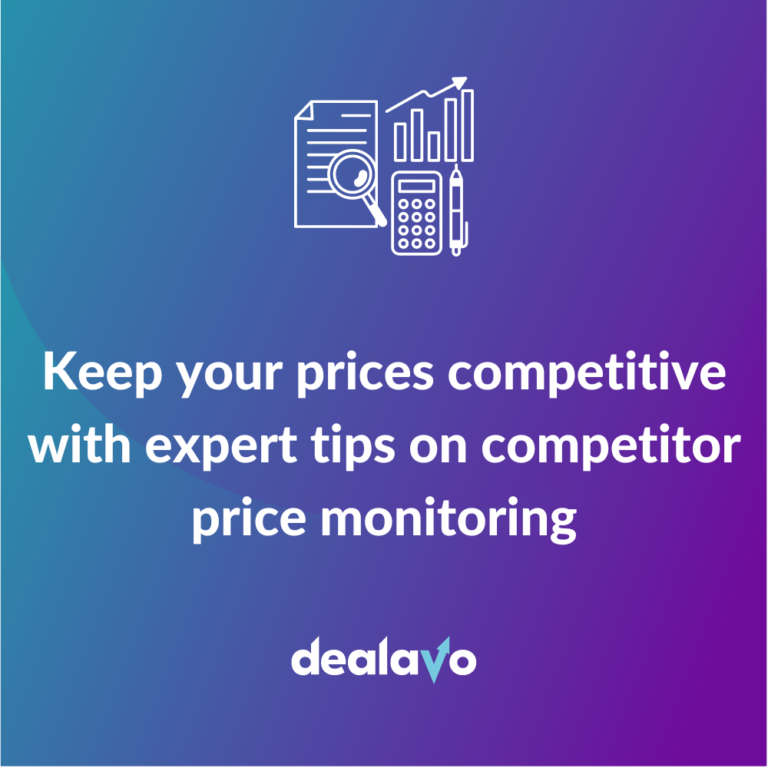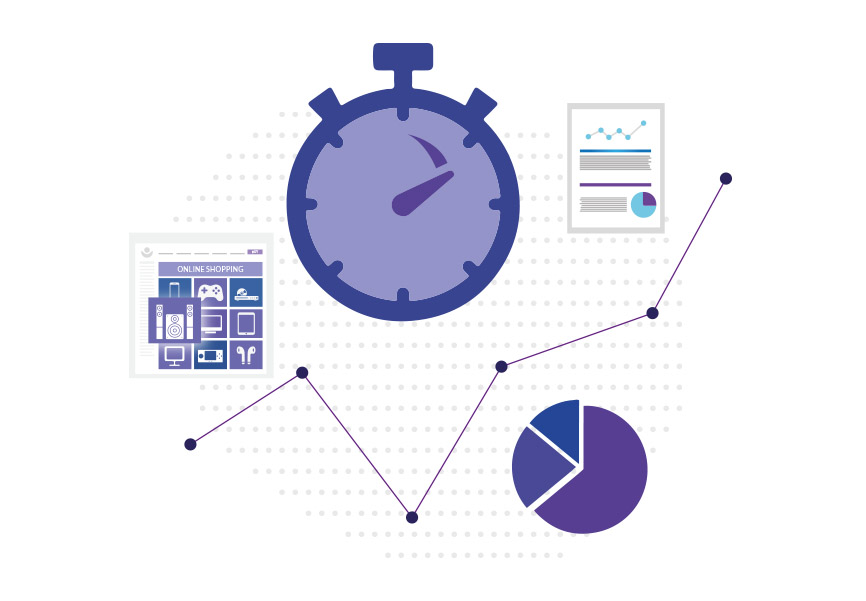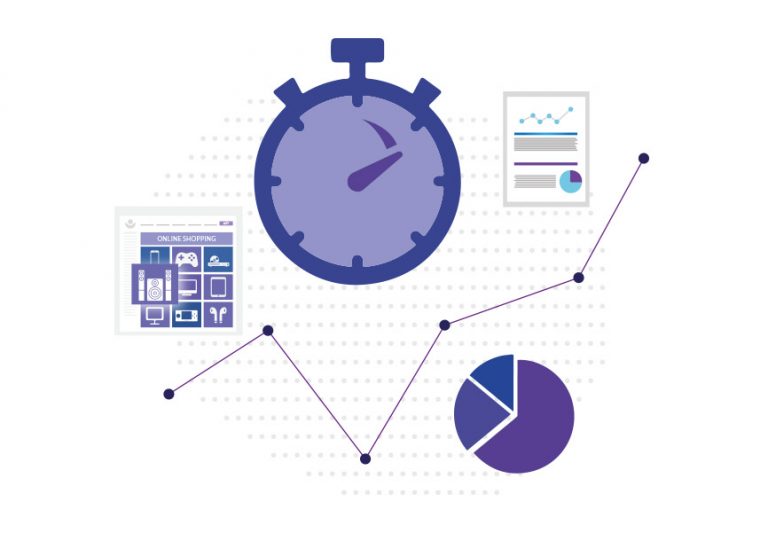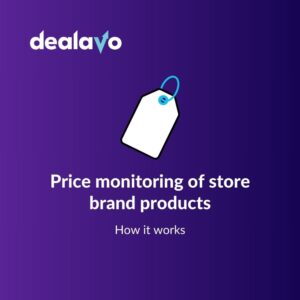
Price monitoring of store brand products – How it works
- 22 October 2024
Private label products, also known as store brands or white label products, are goods that are manufactured by one company, but sold under another company’s brand, typically by retailers. These products often serve as more affordable alternatives to branded goods, allowing retailers to control pricing, branding, and marketing strategies while capturing higher profit margins. Private label products have become increasingly popular across various industries, including groceries, electronics, cosmetics, and apparel, leading to heightened competition in the marketplace.
Examples of store brands
One of the largest drugstore chains in Europe, Rossmann, offers its own product line called Isana. Rossmann’s direct competition includes Hebe, a different chain store, which is gaining popularity among consumers. Hebe also has its white label products, branded as Hebe Cosmetics, Hebe Professional and Hebe Naturals. One could find many similar items between the two shops and their store brand portfolios, resulting in heavy competition.

White label products – the statistics
According to Minderest, in 2023, store brand products represented 35% of all Fast Moving Consumer Goods in Europe, while in the United States, they accounted for 21%, which was an increase of over 8%. In the same report, it is stated that consumers more and more often look for cheaper alternatives to known brands, with 82% customers preferring white label fashion products, and 69% looking for private labels in the electronics industry. 63% of consumers say that they prefer white labels due to their lower prices.
Furthermore, Store Brands reports that in 2014 several retailers have been working to expand their snack portfolio, as the private label snacks industry continues to grow, and customers look for lower-priced alternatives to popular brands.
The trend is clearly observable – private labels are gaining popularity worldwide at a high pace.
Monitoring private label products with Dealavo
From an e-commerce perspective, monitoring private label prices is crucial for retailers, manufacturers, and brands that want to stay competitive and optimize their pricing strategy. This is where Dealavo’s competitor price monitoring tool comes into play, offering comprehensive insights into the pricing landscape of private label goods, aside from other useful functionalities.
Why is private label price comparison so important
Private label price comparison involves tracking the prices of alternative store brand products across different retailers, helping you understand the competitive landscape. This enables businesses to observe how their private label products are positioned in the market compared to similar products and identify the areas where they need to take action.
Know what’s going on in your industry
By monitoring competitor prices, companies can identify pricing trends, promotional strategies, and discount patterns that competitors use for their private label products. This helps businesses stay informed about market shifts and adjust their strategies accordingly to improve their offer over whatever their competitors provide.
Craft better pricing strategies
Price is a critical factor in a consumer’s decision-making process, especially when it comes to private labels, which are often chosen for their value-for-money appeal. Businesses can optimize their pricing strategies by tracking competitors’ private label prices, ensuring that their products remain attractive and competitive. From a number of private label products offered by different retailers, make certain that the customer chooses your offer.
Improve your product portfolio
Beyond just price, understanding the range of private label products available on the market helps companies identify gaps in their own offers or opportunities for differentiation. This can lead to better product positioning, higher customer satisfaction, product feature enhancements, and more targeted marketing strategies.
Strike the right balance
Effective price monitoring also helps businesses maintain healthy profit margins by avoiding underpricing or overpricing. Dealavo provides insights that allow companies to price their products competitively without sacrificing profitability. Our “Clever move” algorithm helps companies identify those items whose price could be increased without sacrificing their top position on product listings. Moreover, the “Easy gain” functionality highlights those products that could reach top positions with just an insignificant price decrease.
How Dealavo helps with private label price monitoring
There are many areas in which Dealavo software excels in terms of price monitoring and repricing, below we list a few key functionalities, and our new solution – the Private Label Panel – focuses on white label products specifically.
Price tracking automation for white label products
The platform automates the process of tracking competitor prices, saving businesses time and resources. The tool collects and analyzes data from various online stores, providing up-to-date pricing information on private label products. The software also offers detailed insights into competitors’ pricing strategies, including promotional activities, discounts, and – in some cases – stock availability. This information enables businesses to respond quickly to market changes.
Lots of customization options
Users can set up customized dashboards to focus on specific competitors or product categories. Alerts can be configured to notify users of significant price changes, ensuring that they are always one step ahead of the competition. Notifications are fully configurable, and they are sent directly to user inboxes.
Detailed analytics
Dealavo’s analytics tools allow companies to benchmark their products against competitors. This helps identify how a business’s private label products compare in terms of price and value, guiding strategic decisions about product adjustments or pricing changes.
High compatibility and big outreach
The software supports price monitoring across multiple e-commerce platforms and marketplaces, ensuring that companies have a broad view of their competitive landscape. This is especially useful for businesses operating in multiple countries or regions. It’s up to the client to decide which markets are worth monitoring for his particular business and, of course – Dealavo experts are here to help with the decision as well.
Automation and dynamic pricing
Integration with dynamic pricing systems allows businesses to automatically adjust prices based on competitor data, demand, and other factors. This ensures that private label products remain competitively priced in real time.
Benefits of using the Dealavo solution for private label price monitoring
Powered by advanced AI algorithms and constantly updated, Dealavo solutions offer a number of advantages to companies of all sizes. Our products support industry giants, such as MSI, Acer, Samsung and Braun, just to name a few, but hundreds of smaller businesses successfully use the solutions as well.
Here is a summary of key advantages:
- By tracking competitor prices, businesses can ensure that their private label products are priced competitively, attracting more customers and driving sales.
- Access to detailed pricing data helps businesses make informed decisions about pricing, promotions, and inventory management.
- Better optimized pricing strategies, ensuring that businesses do not miss out on revenue opportunities while maintaining attractive profit margins.
- Competitive pricing helps build customer trust and loyalty, especially for private label products that are often perceived as cost-effective alternatives to branded items.
- Automation also saves the time of employees, who can focus on other important tasks.
- With the accurate data on their competitors, companies may also come up with new private label products they could add to their offer.
Conclusion
Retailers selling white label products have a lot to gain with the right price monitoring, competitor monitoring and repricing software. Dealavo offers everything businesses need to make sure their private labels function as effectively as possible. Learn more about the Private Label Panel and contact us to arrange a presentation and test it yourself.
